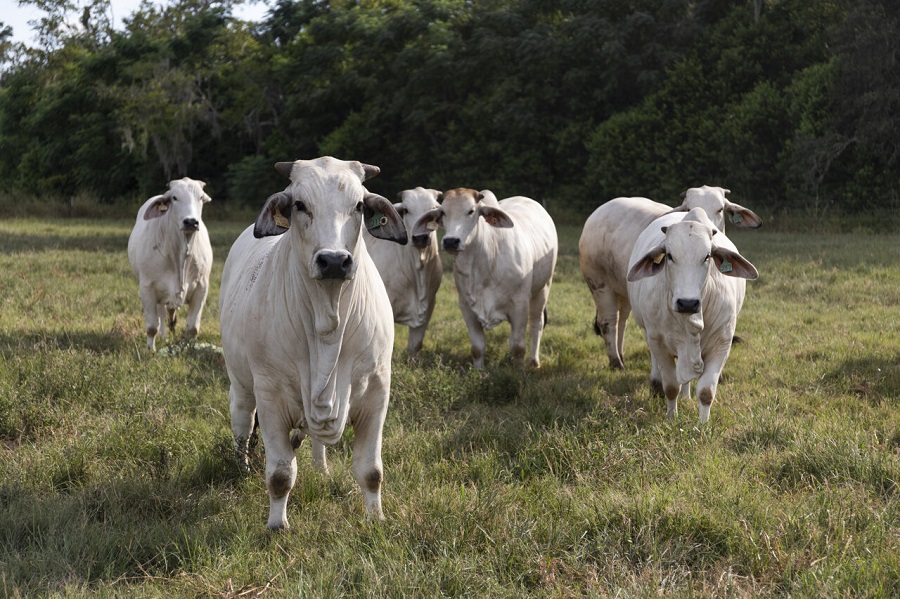11 Dec 2024

Tired Earth
By The Editorial Board

When cattle are too hot, they tend to stop eating, said Raluca Mateescu, University of Florida Institute of Food and Agricultural Sciences (UF/IFAS) professor in the department of animal science. This affects the cattle's health and growth and threatens the longevity of the food supply coming from that herd.
Climate change is making it more difficult to raise cattle -- growth and reproduction are affected by heat -- so it's critical to breed cattle better adapted to a hotter and longer summer. Cows eliminate about 85% of their body heat via sweat, she said.
Heat stress in subtropical regions, which are the areas just north and south of the topics and generally considered the hottest in the world, is such a significant limiting factor that about $369 million of beef production is lost annually due to reduced performance nationally, she said.
"Heat stress is the main threat of food security. Under heat stress, the growth, production and reproduction of cattle are affected," Mateescu said.
A new study from Mateescu and her colleagues published in the Journal of Animal Science and Biotechnology shows it's possible to identify the genes within breeds of cattle that would lead to the sweatiest, heat-tolerant offspring.
She said the study found there is a lot of variation between cows of the same breed, in this case, Brangus -- which are a cross between Brahman and Angus. Being able to select cattle to breed based on sweating ability could lead to herds that can tolerate hotter climates and still grow and reproduce.
"Unless we're doing something to affect the ability of our cattle to thrive in heat stress conditions, they are not going to reproduce, so there's a food security concern there," she said.
The study looked at 2,401 Brangus cattle from two commercial ranches in Florida. Skin biopsies helped the researchers determine the phenotypes that contributed to the animals' ability to manage heat stress, such as sweat-gland area, depth and length. Scientists genotyped all animals and used software to estimate genetic parameters.
The study found that a moderate amount of variation in sweating ability is genetic, so farmers could select sweatier cattle based on genetic markers. It found that genetics from both the Brahman and Angus genes positively contribute to sweating ability in Brangus cattle.
Source : sciencedaily.com
Comment